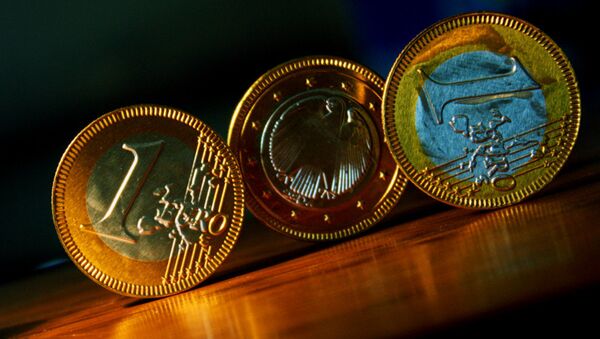The results showed that euro area inflation held firm at 0.2%, which is just above the previously anticipated figure of 0.1%, but far below their 2% target.
Although Europe area recently managed to prevent Greece from leaving the common currency, none of the long term pressured has subsisded, if anything it has increased. The common currency area inflation data illustrates the stalemate the European monetary authorities have found themselves in.
While the ECB is buying out a spectacular 60 bln euros worth of governmental fixed income assets monthly, such titanic efforts have hardly spurred any gains in the core price index. This is partially attributed to the strength of Germany’s export-driven economy, erasing inflationary pressure coming from select nations of Southern Europe.
While consumer prices added just 0.2%, Eurozone’s core inflation is at 1%, as reported by Eurostat. European inflation has been below the EBC target of 2% for nearly two years: the last time the annualized prices index touched 2% was in early 2013.
As Europe heads deeper into deflation, The ECB has shown its inability to control the markets effectively, failing on all fronts. If the numbers continue to decline, eventually, the ECB will have to admit defeat and say that its policies were all for naught.
Last week, ECB Executive Board member Peter Praet noted the regulator is ready to increase scale of their stimulus, if necessary. That said, the monetary authorities might unleash another round of QE as soon as during their September policy meeting.
At the same time, as current consumer inflation at 0.2% surpassed previous forecasts, the regulator might consider it a positive development, hoping for a natural acceleration in prices towards the year’s end.
The euro’s FX rate is a yet another problem – the common currency is too strong for the ECB’s liking due to the upward tendencies supported by Germany’s significant trade surplus. The euro rose 2% during August, adding just 0.2% to $1.1213 on Monday.
The fact the German economy is much stronger than that of the rest of the member states is an actual obstacle for ECB aspirations to devalue their currency and repurchase bonds from the Southern states.




